
Is Toyota A Chinese Brand? Toyota is not a Chinese brand. Toyota is a Japanese automotive manufacturer. It was founded in 1933 by Kiichiro Toyoda and has its headquarters in Toyota City, Aichi, Japan.
Toyota is one of the largest car manufacturers in the world and is known for producing a wide range of vehicles, including cars, trucks, and SUVs.
While Toyota has operations and a significant presence in various countries around the world, it is a Japanese company and not a Chinese brand.
Also Check Out: Is Lexmoto A Chinese Brand?
Is Toyota A Chinese Brand?
Where did Toyota originate from?

Toyota Motor Corporation, commonly known as Toyota, is a Japanese multinational automotive manufacturer headquartered in Toyota City, Aichi, Japan.
Founded in 1937 by Kiichiro Toyoda, Toyota has grown to become one of the largest and most well-known car manufacturers in the world.
Origins and Early Years: The roots of Toyota can be traced back to the early 20th century when Sakichi Toyoda, Kiichiro Toyoda's father, developed the automatic loom.
This invention revolutionized the textile industry. Kiichiro Toyoda, inspired by his father's innovations, sought to apply similar principles to the automotive industry.
He established Toyota Motor Corporation as a separate entity from the original Toyoda family business focused on textile machinery.
Key Milestones:
- 1930s: Toyota started as an offshoot of the Toyoda Automatic Loom Works and began producing its first automobiles.
- 1936: The company built its first prototype car, the Toyota AA.
- 1937: Toyota Motor Corporation was officially established.
- 1950s: Toyota made its first foray into the international market by exporting vehicles to the United States. The company's emphasis on quality and reliability garnered attention and positive reputation.
- 1960s: Toyota's compact cars gained popularity, and the company continued to expand globally.
- 1970s: The oil crisis prompted Toyota to develop more fuel-efficient vehicles. The Toyota Corolla became a global best-seller.
- 1980s: Toyota's reputation for quality, fuel efficiency, and reliability continued to grow, and the company introduced its luxury brand, Lexus, to the market.
- 1990s: The Toyota Camry became one of the best-selling cars in the United States. Toyota also focused on hybrid technology, introducing the iconic Toyota Prius in 1997.
- 2000s: Toyota expanded its global manufacturing presence and continued to innovate in hybrid technology with the launch of more hybrid models.
- 2010s: Toyota remained at the forefront of the automotive industry, focusing on sustainability, safety technology, and connectivity features. The company also established itself as a pioneer in hydrogen fuel cell technology.
- 2020s: Toyota continues to evolve with advancements in electric vehicles, autonomous driving, and mobility solutions.
What's Toyota's Presence Like in China?
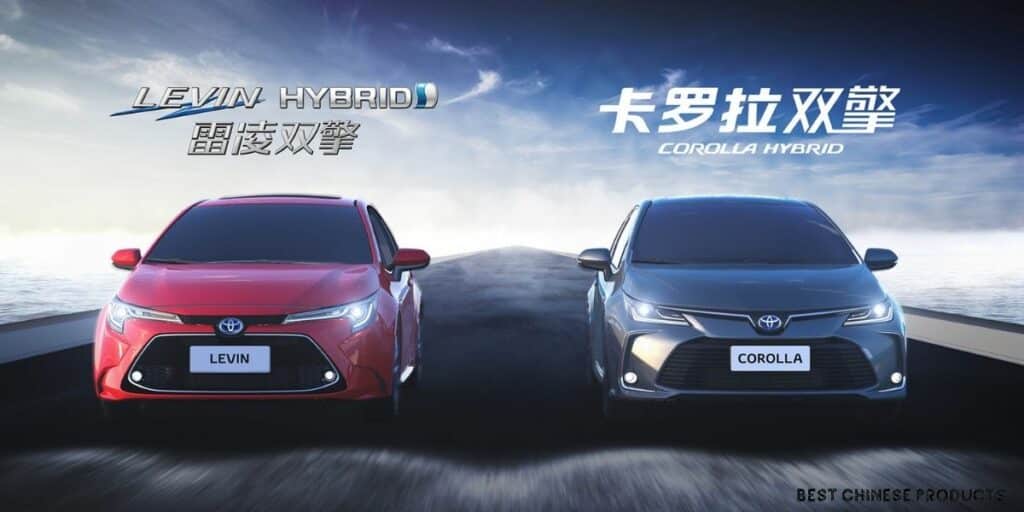
Toyota, a global automotive leader, maintains a substantial and strategically positioned presence in China, one of the world's largest and most dynamic automotive markets.
Through a combination of manufacturing, joint ventures, research and development, and a comprehensive sales network, Toyota has established itself as a prominent player in the Chinese automotive landscape.
The company operates manufacturing facilities that produce a diverse range of vehicles, catering to the preferences and needs of Chinese consumers.
Collaborative joint ventures, such as the one with Guangzhou Automobile Group, enable Toyota to navigate China's regulatory landscape and tap into local expertise.
In alignment with its commitment to sustainable mobility, Toyota offers hybrid and electric vehicle options tailored to the evolving preferences of Chinese consumers.
Furthermore, the brand's research and development centers in China drive innovation, adapting vehicles to local market demands.
As China continues to be a dynamic market with unique challenges and opportunities, Toyota's substantial presence underscores its dedication to offering quality vehicles and sustainable solutions to Chinese consumers while contributing to the company's global growth strategy.
How does Toyota handle its global presence and manufacturing operations?
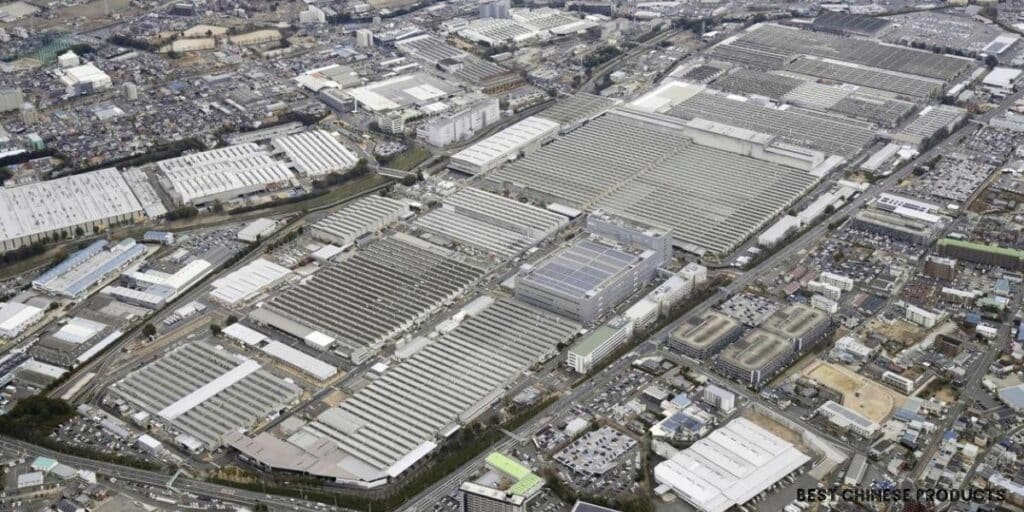
Toyota's global presence and expansive manufacturing operations underscore its role as a prominent and influential player in the automotive industry.
With a widespread network of manufacturing facilities spanning various continents, Toyota produces an extensive range of vehicles that cater to diverse markets and customer preferences.
Anchored by its renowned Toyota Production System (TPS), the company's manufacturing approach emphasizes efficiency, quality, and continuous improvement.
This methodology has been instrumental in consistently delivering vehicles of exceptional precision and minimizing wastage.
Toyota's global manufacturing footprint encompasses key regions such as Japan, North America, Europe, and Asia, allowing the company to meet the specific demands and regulations of each market.
This localization strategy not only aligns with regional preferences but also reflects Toyota's commitment to adapting its offerings to the unique driving conditions and requirements of different regions.
Complementing its manufacturing prowess, Toyota invests significantly in research and development, powering innovation across its portfolio.
The company's technological leadership is evident in its pioneering hybrid technology, with the iconic Prius at the forefront, as well as its forays into the electric vehicle space.
By focusing on sustainable mobility solutions, Toyota addresses evolving market dynamics and environmental concerns.
Toyota's global sales and distribution network ensures broad access to its vehicles, with dealerships, sales centers, and partnerships amplifying its market reach.
Beyond business operations, Toyota actively engages with local communities and supports social and environmental initiatives, embodying a commitment to corporate citizenship and responsible business practices.
In essence, Toyota's expansive global presence, backed by robust manufacturing capabilities and a dedication to innovation and sustainability, positions the company as a leader that not only delivers exceptional vehicles but also contributes to the progress and well-being of the communities it serves.
What are the Popular Toyota Models and their Features?
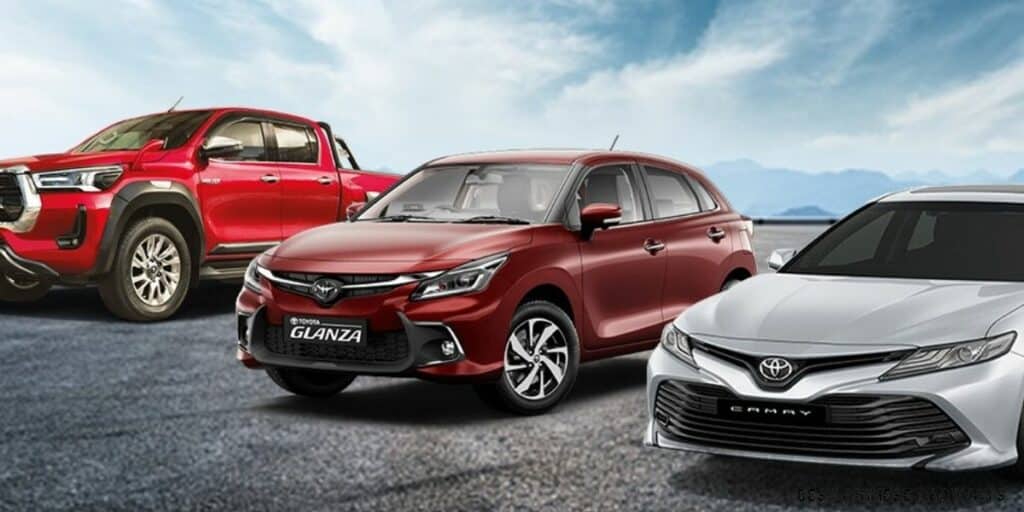
Toyota offers a diverse lineup of vehicles that cater to a wide range of consumer preferences and needs. Here are some popular Toyota models and their standout features:
- Toyota Camry: The Toyota Camry is a midsize sedan known for its reliability, comfort, and practicality.
It often features advanced safety technologies, including Toyota's Safety Sense suite, which includes pre-collision systems, lane departure alert, adaptive cruise control, and more.
The Camry offers a comfortable interior, efficient engines, and a reputation for strong resale value.
- Toyota Corolla: The Toyota Corolla is a compact sedan that's recognized for its affordability, fuel efficiency, and strong reputation for reliability.
The latest models often come equipped with modern infotainment systems, safety features, and comfortable seating. The Corolla is available in various trims and offers hybrid options for enhanced fuel economy.
- Toyota RAV4: The Toyota RAV4 is a popular compact SUV that blends practicality, versatility, and off-road capability.
It offers a spacious interior, a comfortable ride, and advanced safety features. The RAV4 also offers hybrid variants for those seeking improved fuel efficiency.
- Toyota Highlander: The Toyota Highlander is a midsize SUV that provides ample space for passengers and cargo.
It often features a range of family-friendly features, including advanced safety technologies, spacious seating arrangements, and user-friendly infotainment systems.
- Toyota Prius: The Toyota Prius is synonymous with hybrid technology and fuel efficiency. This iconic hybrid vehicle has evolved over the years, offering improved efficiency, advanced tech features, and a unique exterior design. The Prius is a go-to choice for eco-conscious consumers.
- Toyota Tacoma: The Toyota Tacoma is a compact pickup truck known for its ruggedness and off-road capabilities.
It's designed to handle various terrains and towing tasks, making it a popular choice among outdoor enthusiasts and those who need a reliable workhorse.
- Toyota 4Runner: The Toyota 4Runner is a midsize SUV designed for off-road adventures. It boasts a rugged body-on-frame construction, advanced off-road features, and a spacious interior.
The 4Runner is ideal for those who seek outdoor escapades and need a vehicle that can handle challenging terrain.
- Toyota Sienna: The Toyota Sienna is a minivan that prioritizes family comfort and convenience.
It often comes equipped with advanced safety features, entertainment systems, and spacious seating for larger families. The Sienna's hybrid option enhances fuel efficiency in the minivan segment.
These are just a few examples of Toyota's popular models, each known for its unique attributes and features. Toyota's commitment to quality, reliability, and innovation ensures that their vehicles continue to cater to a wide spectrum of drivers and lifestyles.
Who makes Toyota engines?
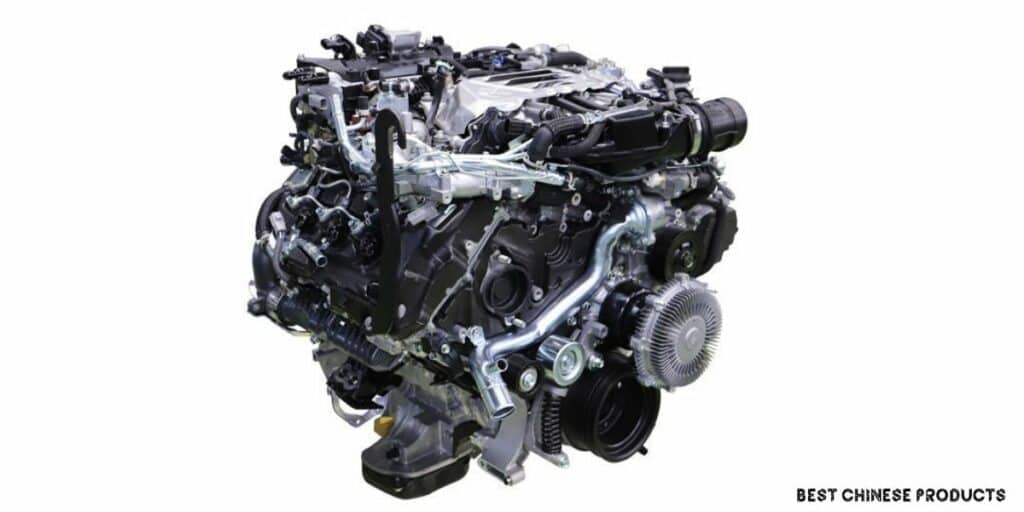
Toyota produces a range of diesel and gasoline engines with displacements ranging from 2,000 cc to 4,500 cc. These engines power various vehicles in Toyota's lineup, providing options for different performance requirements and fuel efficiency preferences.
Toyota's commitment to engineering excellence ensures that these engines meet stringent emissions standards while delivering the power, efficiency, and reliability that customers expect from the brand.
Whether it's a compact car, SUV, or truck, Toyota's diverse engine offerings cater to a wide range of driving needs and preferences.
Does Toyota use Maruti engine?
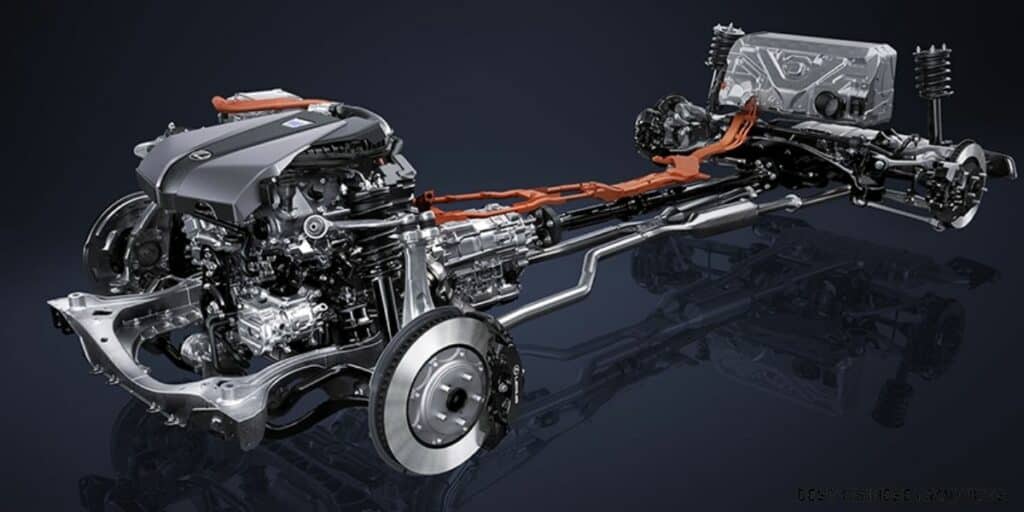
Toyota collaborates with Maruti Suzuki by using their engines in select Toyota models. This partnership enhances their presence in the Indian market and improves cost-efficiency.
This strategy benefits both companies by optimizing manufacturing processes and expanding vehicle offerings.
What is the luxury brand of Toyota?
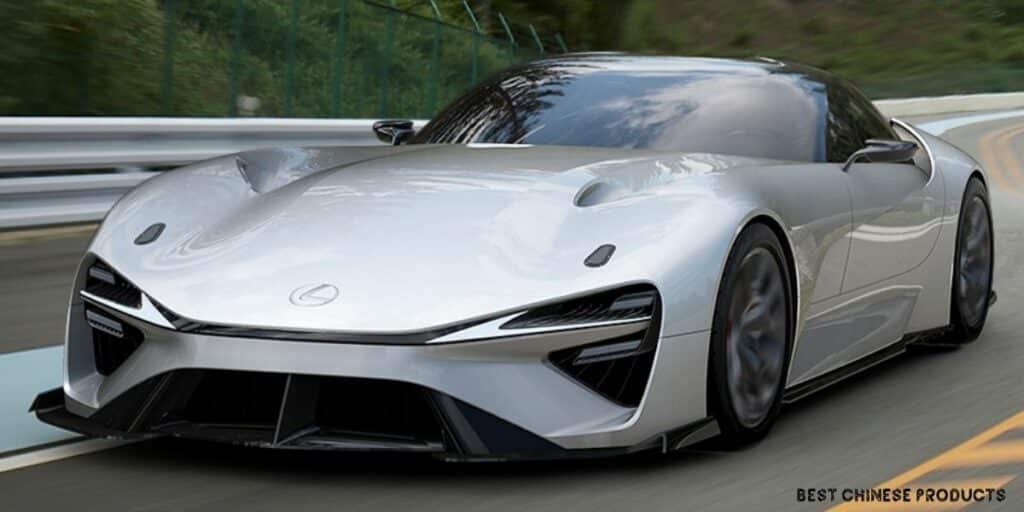
The luxury brand of Toyota is called "Lexus." Lexus is a division of Toyota Motor Corporation that focuses on producing premium and luxury vehicles.
Lexus vehicles are known for their high levels of craftsmanship, advanced technology, luxury features, and refined performance.
The brand was introduced in the late 1980s to compete with other luxury automakers in the global market.
Is Toyota high quality?
Toyota is known for its high-quality vehicles. The brand's focus on engineering excellence, reliability, and durability has established its reputation for producing dependable and long-lasting cars.
Are Toyota cars safe?
Toyota cars are known for their strong emphasis on safety. The company has a history of prioritizing safety features and technologies in its vehicles.
Many Toyota models come equipped with advanced safety systems, including Toyota Safety Sense (TSS), which includes features like pre-collision systems, lane departure alert, adaptive cruise control, and more.
Related





